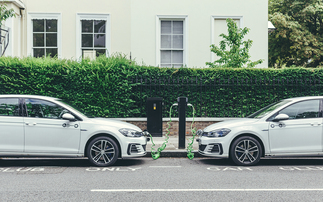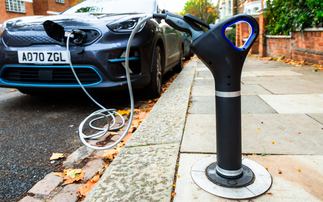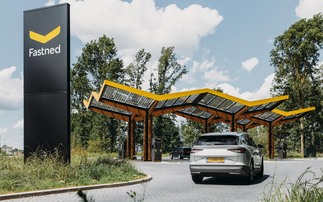For taxi drivers, the range limits of EVs are more than offset by the potential fuel cost saving
The other day I was stopped at traffic lights in my Nissan Leaf. Or rather, I was stopped at traffic lights in Nissan's Nissan Leaf. The good people at the automaker have loaned me the electric car this past week to write a review on what it is actually like to live with a zero emission vehicle. It has got to go back on Friday, which is upsetting because the Nissan Leaf is pretty amazing.
Anyway. I was stopped at traffic lights and someone pulled up beside me in a Prius, gestured at me to wind the window down, and asked 'honestly, how far does it go? What's the range?'
I replied that it does 161 miles and is amazing. He nodded sagely and said that as a taxi driver that could just about work for him. He did around 150 to 200 miles a day, but then making the universal hand gesture for serious cash he explained that the fuel cost savings would mean he could cope with driving a little less. Then the lights changed and we were off.
Uber has obviously reached the same conclusion, if yesterday's news is anything to go by. The plan for a small levy on Uber journeys to support a dedicated fund that will help its 45,000 drivers switch to EVs is a good one. The company has hugely ambitious plans to see half its drivers using zero emission cars by 2021. This feels like a stretching target, but the combination of this new fund and the basic economics of EV motoring could help bring it within reach.
EVs are not perfect. My upcoming review will focus at some length on how charging infrastructure remains a significant challenge that is yet to be resolved. But as upfront costs fall, ranges increase, smart grids advance, and the running costs advantage EVs already enjoy continues to grow, the case for switching to EVs for a wide range of applications will become ever more compelling.
And taxis will be to the fore. EVs will cut costs, reduce air pollution and carbon emissions, and make the driving experience for thousands of cab drivers significantly more relaxing. They will also allow for hugely satisfying acceleration when the lights turn green.










